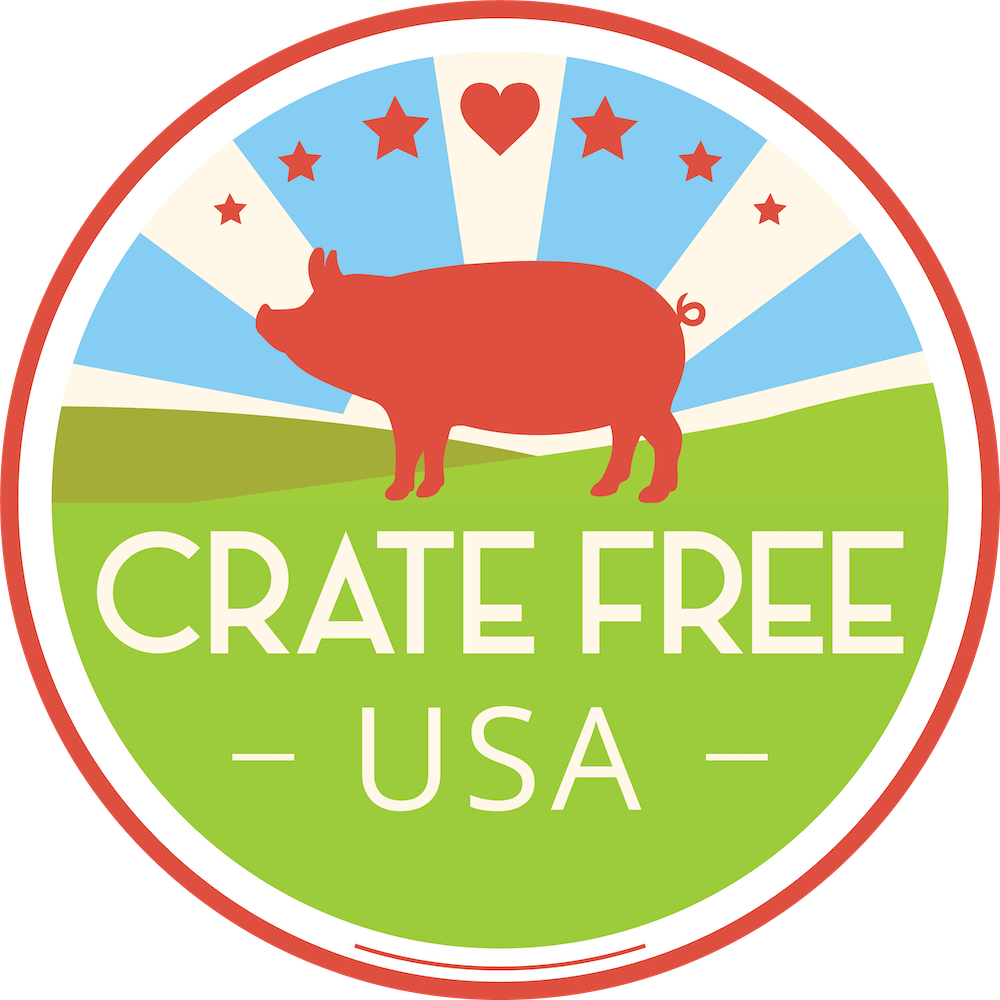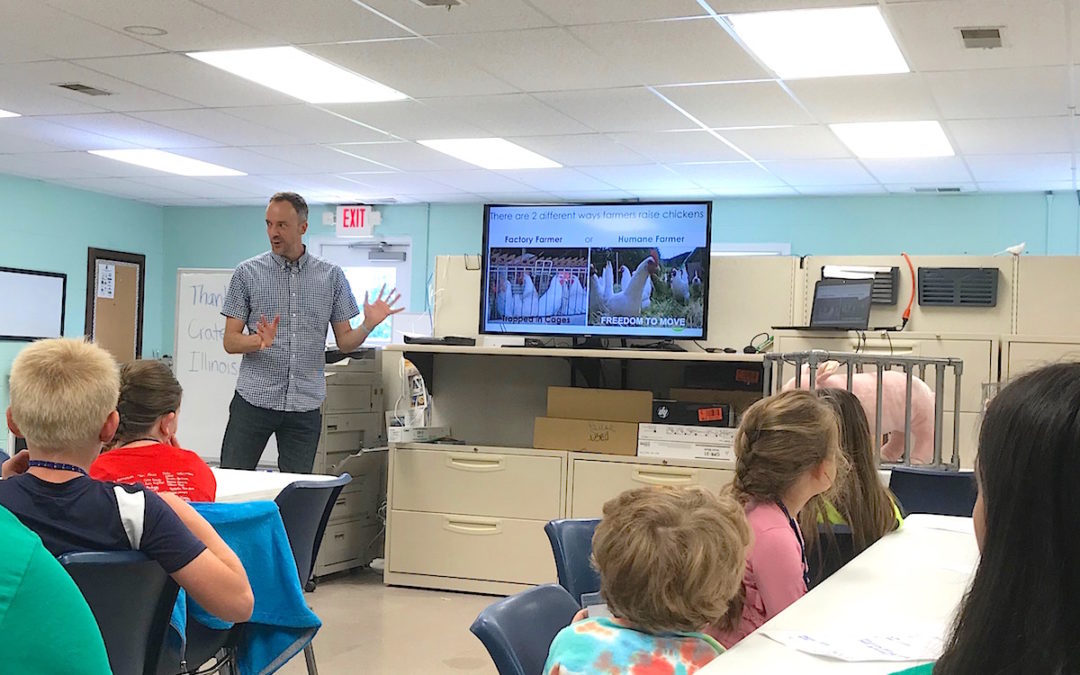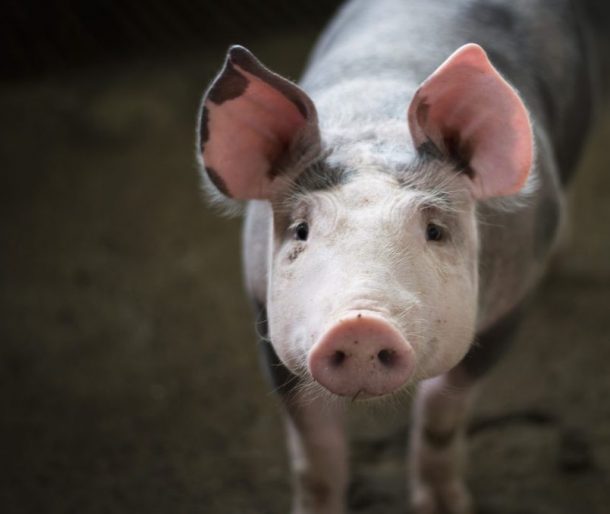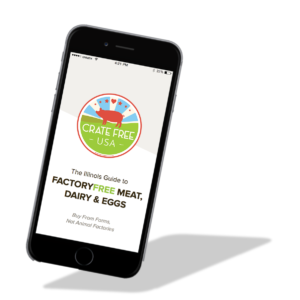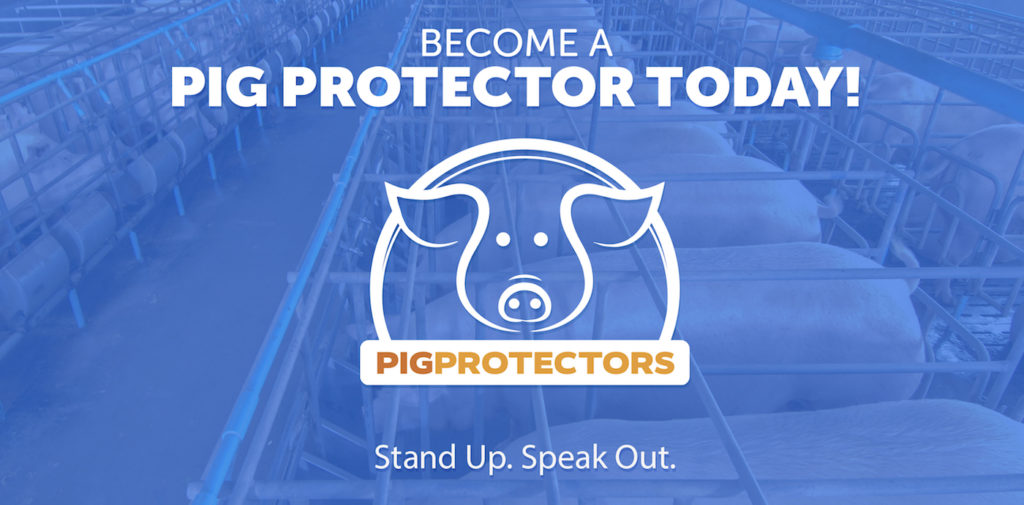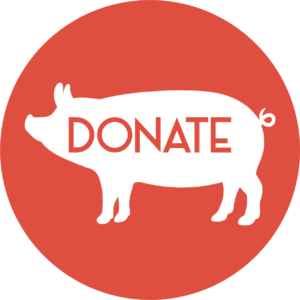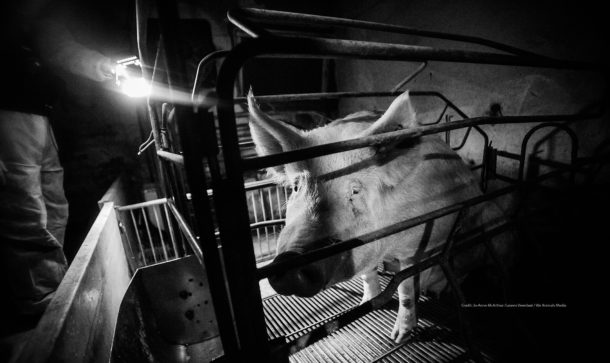This summer, Crate Free USA and Anderson Animal Shelter, located in South Elgin, Illinois, partnered to teach children about where their food comes from.
Humane Education Program
For more than thirty years, Anderson Animal Shelter has had a humane education program. It’s the job of a humane educator to provide information and education, without indoctrination, in order to cultivate kindness and compassion towards all sentient beings (including humans!). Humane education curriculum often includes information on animals, their care, and issues, but also focuses on fostering pro-social behaviors.
Critter Camp at Anderson Animal Shelter
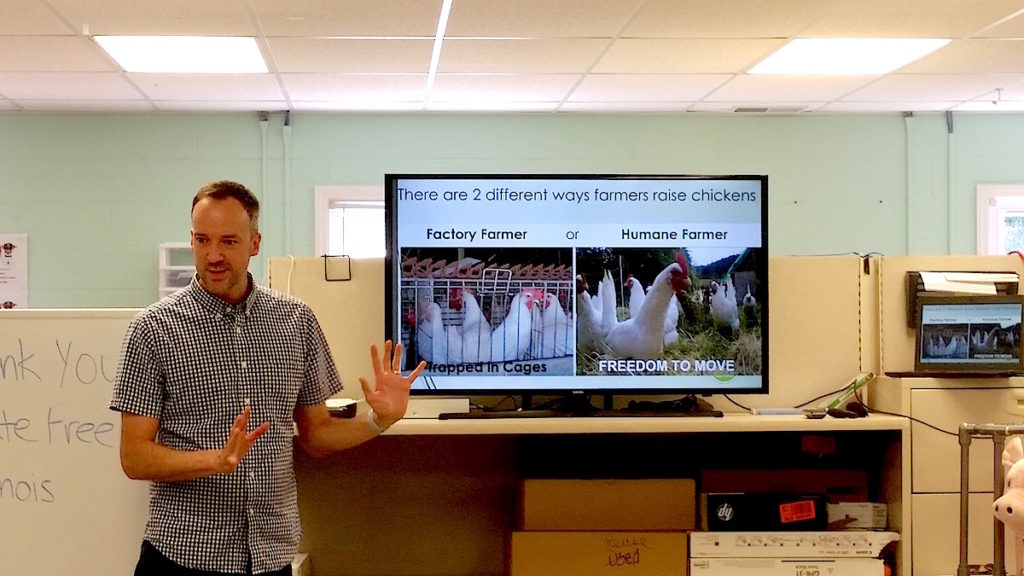
As part of the humane education program, the shelter has operated a very popular summer day camp for many years. At the camp, children ages 6-10 spend the week at the shelter learning about various animal welfare issues. For the very first time, thanks to the talented volunteers at Crate Free Illinois, this camp program taught children about farm animal welfare.
Children who attend the camp at the shelter, known as “Critter Camp”, are passionate animal lovers who are interested in learning about issues and helping animals in need. A variety of issues have been presented to the children over the years, including information about puppy mills. Dedicated volunteers from The Puppy Mill Project have taught children about the realities of puppy mills and what they could do to help. As a humane educator, I was always struck by the powerful reaction that children had to this information and how they felt compelled to make a difference by educating others about the information they learned about the terrible conditions for dogs and puppies within puppy mills.
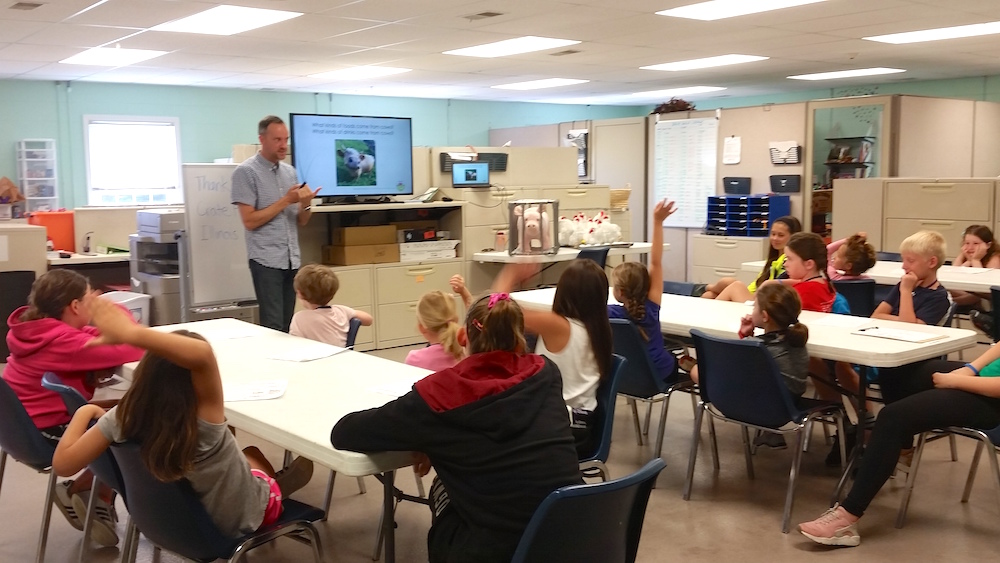
Typically they would eat lunch following this presentation, and I was always struck by the irony of the children unknowingly eating food from factory farm sources, while discussing amongst themselves the notion that dogs are not products to be made in factories because they were living creatures who deserved better lives.
Animals raised for food in factory farms certainly deserve better lives too, but most children and their families are unaware of how their food is produced.
Shelter Turned Humane Society
In 2018 Anderson Animal Shelter updated its mission and vision to be inclusive of all animals. No longer just a shelter but a humane society, Anderson Animal Shelter’s progressive vision is now “a humane world for animals” and the mission is “improving the lives of animals and people through service and education.” Although Anderson is not an advocacy organization, providing accurate information on farm animal welfare aligns with the organization’s vision and mission.
So this spring, Crate Free USA volunteer Michelle Adams connected me with Jessica Chipkin. Together, along with fellow Crate Free volunteers David Ouelette and Lisa Gathman, we began to collaborate on ways to educate camp-goers about farm animal welfare.
It is a unique challenge to provide accurate but age-appropriate information about factory farming to children ages 6-10. However, David and Lisa certainly rose to the challenge. The information that was provided to the kids this summer was engaging and compelling without being overly graphic. At no time were young minds indoctrinated; campers were given information and encouraged to think critically to arrive at their own conclusions. The children, presented with information about how animals are raised for food, become empowered with ideas on how to make a difference. Children were given options such as continuing their food choices without change, ceasing consuming animal products, obtaining their animal products from a humane farmer, or purchasing food that has labels that indicate it comes from a humane farmer.
Educating Children About Factory Farming
The hope was that by educating animal-loving children about factory farming, that they would take this new knowledge and share it with others. As children, they may not have complete control over grocery shopping, but they certainly can start conversations. And start conversations they did! The feedback I received from parents regarding David’s and Lisa’s presentations was 100% positive, and I did not receive any of the angry phone calls or emails I had prepared myself for. Instead, parents told me how much they learned from their children, and many asked for advice on how to change their shopping or eating habits. Countless parents downloaded the Crate Free Illinois mobile app and expressed the desire to help support our local humane farmers. Other parents talked about how their children started checking labels at grocery stores and were encouraging their parents to purchase pasture-raised meat.
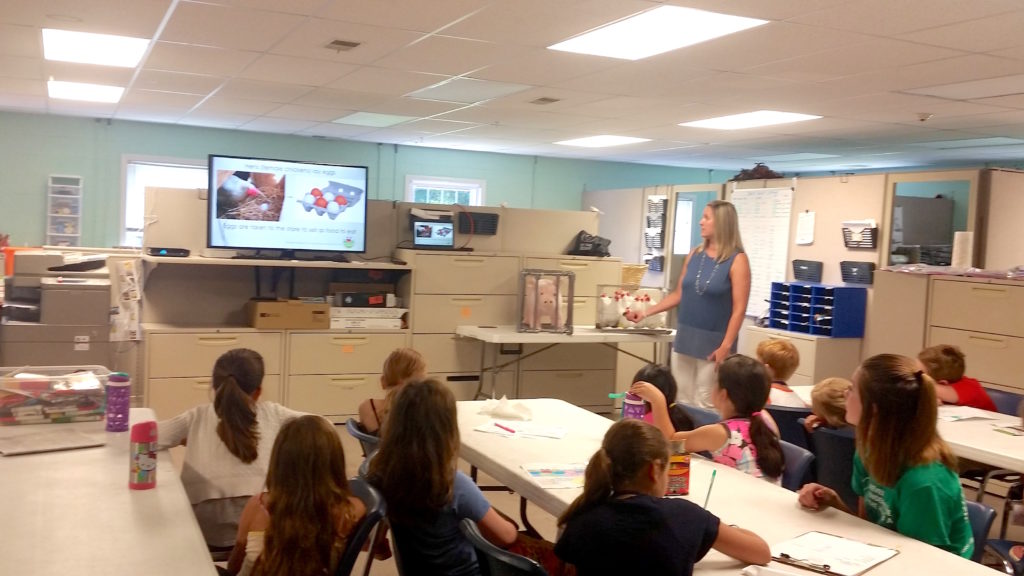 Overall, Crate Free Illinois directly reached more than 100 children and their families this summer! However, as we well know, education is like planting seeds. The seeds that Lisa and David planted in young minds this summer will surely continue to blossom beyond just the children who attended camp.
Overall, Crate Free Illinois directly reached more than 100 children and their families this summer! However, as we well know, education is like planting seeds. The seeds that Lisa and David planted in young minds this summer will surely continue to blossom beyond just the children who attended camp.
As Nelson Mandela so famously pronounced, “education is the most powerful weapon you can use to change the world.”
For more information about the discipline of humane education, check out The Humane Education Coalition and The Association of Professional Humane Educators.
Author Bio
Carrie Frost is the Humane Education Manager at Anderson Animal Shelter in South Elgin. With a professional background in education, public relations, and human services, she works tirelessly to make an impact in both the lives of people and animals. Last year 5,630 children were directly reached by her humane education programming which included information about animals, messages about kindness, and efforts to foster empathy within children for all living beings. Carrie also has an interest in farm animal welfare and is grateful for the opportunity to become involved with Crate Free USA.
